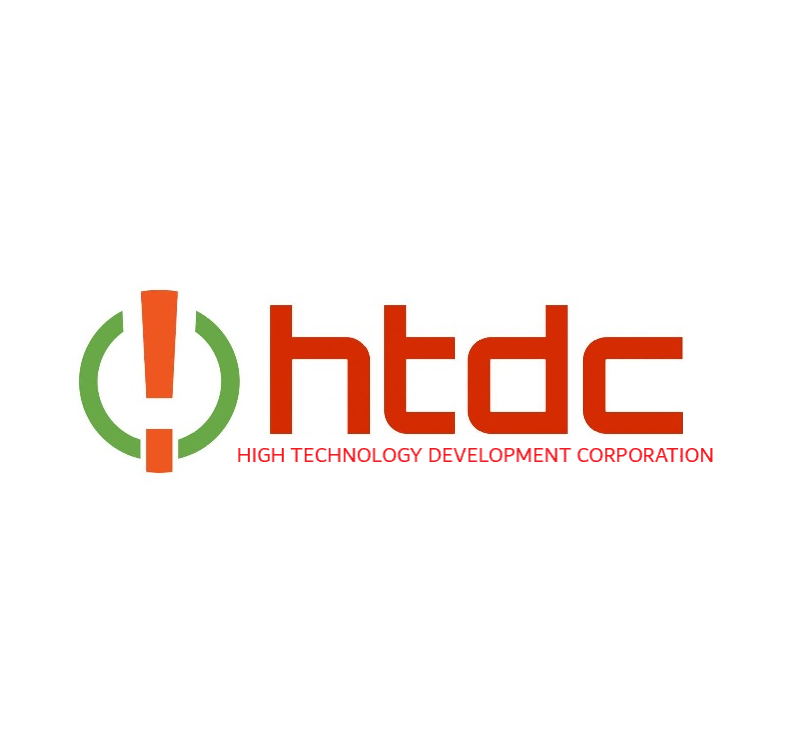About regulation (HTDC)


Federal law places cryptocurrency exchanges in the same regulatory category as traditional AML/CFT gatekeepers, financial institutions, and money transmitters.
They see crypto exchanges as "money transmitters" (think MoneyGram or Western Union) on the basis that cryptocurrency tokens are “other value that substitutes for currency.”
State law is where things get even trickier. Hawaii enforces its own regulation requirements. The most controversial being the "double reserves" requirement in addition to obtaining a state money transmitter license. This requires any cryptocurrency exchange operating in Hawaii to hold reserves of liquidity in an amount equal to all of the digital assets held by their users.
What is the DCIL?
The DCIL states:
"In partnership with the Hawaii Division of Financial Institutions (DFI), this program is expected to:
* Create economic opportunities for Hawaii through early adoption of digital currency
* Offer consumer protection by providing guidance to issuers of digital currency
* Provide data to shape legislation supporting digital currency"
- As sited "The Digital Currency Innovation Lab (DCIL) is a pilot program by the State of Hawaii. The program allows digital currency issuers to do business in Hawaii without obtaining a state money transmitter license"
- This program is run by the Hawaiian Technology Development Corporation (HTDC) in partnership with Hawaii's Department of Financial Institutions (DFI) Link to their website
- This is a pilot program. The exchanges/companies on this list have gone through an application process to be a part of this program and some/all may or may not make the cut by the end of December 2022. If this proves to be the case, you will be given a brief period to withdrawal or sell off any holdings.
Key events:
Main catalyst for why COINBASE left Hawaii (link at the bottom).- Hawaii in early 2017 as a result of a policy, imposed a double reserve requirement on Coinbase’s business. Coinbase stated, "The existing policy therefore required virtual currency operators to hoard cash stockpiles in equivalent dollar value to virtual currency reserves already secured on behalf of their customers; in essence a double reserve requirement. Rather than attempt to operate under an untenable business model, Coinbase—and to our knowledge, all law-abiding virtual currency businesses—ceased operations in Hawaii."

Key takeaways:
- Any company classified as a MSB (money service business) is required to hold a "money transmitter license".
- Crypto exchanges are "MSB's" and so require a money transmitter license.
- In addition to federal law, Hawaii enforces its own regulations. The "double reserves" requirement presenting one of the biggest challenges.
- An innovative partnership program was formed that "waives" these debilitating regulations for all participating companies in the "sandbox" that seek to operate in Hawaii.
- The data collected during the span of the program will be used to approach future decisions on legislation.
- To sum it up, "The DCIL provides a valuable opportunity for digital currency companies to partake in the conversations around legislation pertaining to money transmitters at the state level. Despite knowing that they have only one year to operate in Hawaii, we received interest from 14 applicants for this second cohort" says Iris Ikeda, Commissioner of Financial Institutions. Similarly, the state benefits as well - through transactional data, feedback and ideas provided by the participants. Source: Check it out here
What does all this mean? 1: At the moment, regulation is such that certain cryptocurrency exchanges feel it is either not possible or not worth it to operate in our state. 2: A trial/pilot program exists that allow a group of companies to operate in Hawaii until January 2022. At which time the information collected over the programs lifespan will be used to determine how to move forward as a state in the cryptocurrency and digital asset world. 3: With ever growing mass adoption in the world of crypto and it's related technologies, it is unclear if Hawaii will choose to grow as a state, together with innovation, or remain on the side-lines as the rest of the world continues to explorer the digital frontier.
Sources:
-Hawaii State Legislature (HB2257)
-Hawaii State Legislature (HB3082)
-HB2257 (Coinbase response to the Act starts on page 9) HB2257_HD2_TESTIMONY_CPH_04-03-18_.PDF (hawaii.gov)
Please see Coinbase blog post to Hawaiin customers: How Bad Policy Harms Coinbase Customers in Hawaii | by Juan Suarez | The Coinbase Blog
Sources: -Hawaiian Technology Development Corporation https://www.htdc.org/about/https://www.htdc.org/programs/
-Hawaii's Department of Financial Institutions http://cca.hawaii.gov/dfi/
http://cca.hawaii.gov/dfi/digital-currency-innovation-lab-2020/
Other sources:
HTDC website
Why we no longer have access to Coinbase. Check it out here.
Dive deeper here
The NASSA's take on cryptocurrencies
Picture sources: front page http://baseberry.com/archives/3863